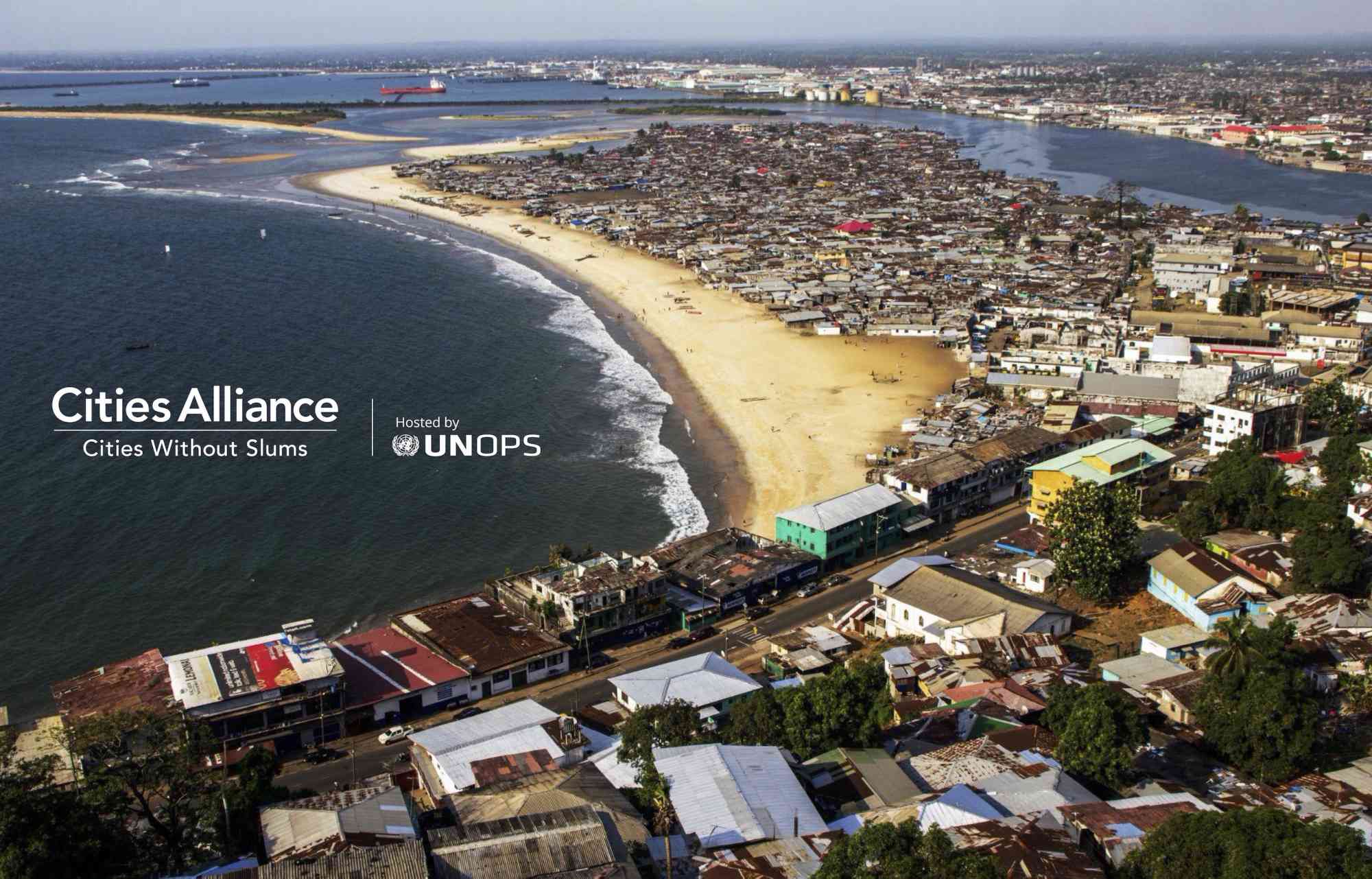Climate Change, Resilience and Informality in Cities by Cities Alliance
The Programme on Climate Change, Resilience and Informality supports communities - in partnership with local governments - to build resilient cities that reduce risk and vulnerability by strengthening urban ecosystems, promoting investment in resilience, and advocating for people-centred resilience.
Description
Cities Alliance global work is designed to advance new tools, practices and understanding of emerging urban issues and support joint advocacy with our members. The Global Programme on Climate Change, Resilience and Informality in Cities is operating through advocacy, diagnostics and implementation piloting, examining various aspects and covering multiple countries, including a global perspective to promote resilience and the importance of public-community partnerships.
While cities should be centres of opportunity, innovation and economic growth, too often it is slum dwellers, informal traders and residents of vulnerable settlements that bear the brunt of environmental, economic and political risks that impact cities, particularly in rapidly urbanising economies. With the increasingly evident impacts of a changing climate, these pressures and casualties will only increase in the future.
Cities need resilient environmental, social, and economic systems that can withstand these shocks and stresses, particularly when measured through the eyes of the urban poor. City-wide actions to adapt to and mitigate climate change, can make a decisive contribution to national and subnational efforts aimed at fulfilling international commitments, such as the 2030 Agenda, the Paris Climate Agreement, the Sendai Framework and the New Urban Agenda.
Over the last decades, the Cities Alliance has been working on climate change, resilience, and sustainable urban ecosystems that are at the heart of the recent urbanisation discussions - always with a special emphasis on communities in informal settings and equality for all.
Did the Sendai Framework change or contribute to changes in your activities/organization? If so, how?
The Sendai Framework underlines the importance of effective global and regional campaigns as instruments for public awareness and education to promote a culture of disaster prevention, resilience and responsible citizenship, generate understanding of disaster risk, support mutual learning and share experiences; and encourage public and private stakeholders to actively engage in such initiatives and to develop new ones at the local, national, regional and global levels. Furthermore, it encourages local governments to continue supporting cooperation and mutual learning for disaster risk reduction and the implementation of the present Framework. Cities Alliance contributes to this and other areas of the Sendai Framework.
What led you to make this commitment/initiative?
What was your position before making this Voluntary Commitment / prior to the Sendai Framework?
António Guterres, Secretary-General of the United Nations, stated that “Cities are where the climate battle will largely be won or lost. With more than half the world’s population, cities are on the frontlines of sustainable and inclusive development.”
Building upon the roadmap set by the Sendai Framework to reduce disaster risk by 2030, the Cities Alliance is motivated by the delivery of concrete results. We monitor and evaluate our operational activities within an approved results framework. It incorporates several indicators, which will be used to inform on progress towards the overall intended outcomes, including potential replication and mainstreaming of learning generated.
For more than 10 years, the work on climate change and resilience remains a cornerstone of our work - resulting in comprehensive outputs, like detailed assessments of economic and environmental resiliency challenges, guidelines for future urban programming, various diagnostic studies on informality, strategic urban planning, and improved decision-making on the local level.

